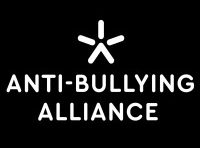Enhance your skills, realise goals and live with confidence
We empower those who are blind or partially sighted to lead independent, active lives and chase their dreams. Our activities bring students together to have fun, play, connect with others and demonstrate that people with sight loss can do anything. We create opportunities for students to learn the knowledge, social and emotional skills, and independence to achieve their full potential at school and as they transition into adulthood.
Outdoor adventures, educational and arts-based activities in the UK and overseas, expose students to skills building activities and experiences that support academic learning, communication, independent travel, social networking and career choices. For example, the Duke of Edinburgh’s Award creates an opportunity for participants to challenge themselves physically and mentally raising self-confidence and emboldening then to believe in their own limitless potential.
We believe that it’s never too early for students to start thinking about going into higher education or getting a job, about whether they want to stay at home or have ambitions to move away. Even while still at school, students can start working on the skills and qualities they’ll need for writing a great personal statement or CV, applying for university places or jobs and doing well in interviews.
It is these general skills that make students stand out. They include engaging in academic studies and being able to demonstrate extra-curricular activities, volunteering and work experience. At VICTA, our activities are designed to develop these skills, encourage students to become reflective learners and present themselves effectively.
Skills for life checklist
If you are at school, look at all the things on the list below and ask yourself, “How good am I at this?”
Note the ones you’re good at and work them into your CV. Note the ones you need to improve and work out how you can do so – your parents, teachers and VICTA can help you with this.
| LIFE SKILLS | WHAT THIS MEANS | WAYS TO IMPROVE |
|---|---|---|
| Confidence | Do you have good levels of self-esteem? Are you willing to ask questions? Are you happy to work with minimal support | Being able to do your assignments without help or needing someone to check up on you all the time |
| Excellent verbal communication skills | Can you speak clearly and talk to people effectively in a warm and open manner, face to face, in a group and on the phone? | Making presentations as part of your class work or DofE
Being aware of how you hold your body |
| Good written communication skills | Can you write, spell and express yourself clearly in an essay, in an email and in a letter? | Writing assignments and reports as part of your studies
Blogging or using social media |
| Resilience | Do you persevere at things? Do you show determination and bounce back from setbacks? | When facing a difficult or stressful situation, try to keep things in a broader context and keep a long-term perspective. Use mistakes as an opportunity learn |
| Team work skills | Do you work confidently and communicate well with other people in a group, to achieve a common goal? Are you prepared to help others and put their needs before your own? | Doing group assignments as part of your studies or DofE
Volunteering for a local community organisation or charity Joining a sporting team or group activity |
| Good research skills | Can you gather and analyse information in an organised way, to solve problems and answer specific questions? | Doing research assignments as part of your studies |
| Lots of initiative and self-motivation | Can you work things out, spot a good solution to a particular problem, come up with good ideas, be proactive and sort things out on your own? | Talking to other people about how they solved the problems they faced
Fixing broken things around the house by looking up YouTube to find out how to do it |
| Lots of drive | Are you always determined to get things done, make things happen and find the best way of doing them? Do you approach all your projects with energy and enthusiasm? | Making or proposing changes to the way a group you belong to does things
Starting a new hobby Joining a sporting or volunteer group or VICTA activity |
| Good planning and organisational skills | Can you put things in order, decide what needs to happen first and find out who needs to do what? | Developing a study timetable and sticking to it |
| The ability to manage your time | Can you prioritise tasks, work to strict deadlines and manage your time successfully? | Staying on top of your own deadlines |
| Computer skills | Basic computer skills are required for almost every job these days. You need to be proficient with Microsoft Word and Excel, file management and internet search engines | Making a list of all the technology you’re already using in your day-to-day life |





